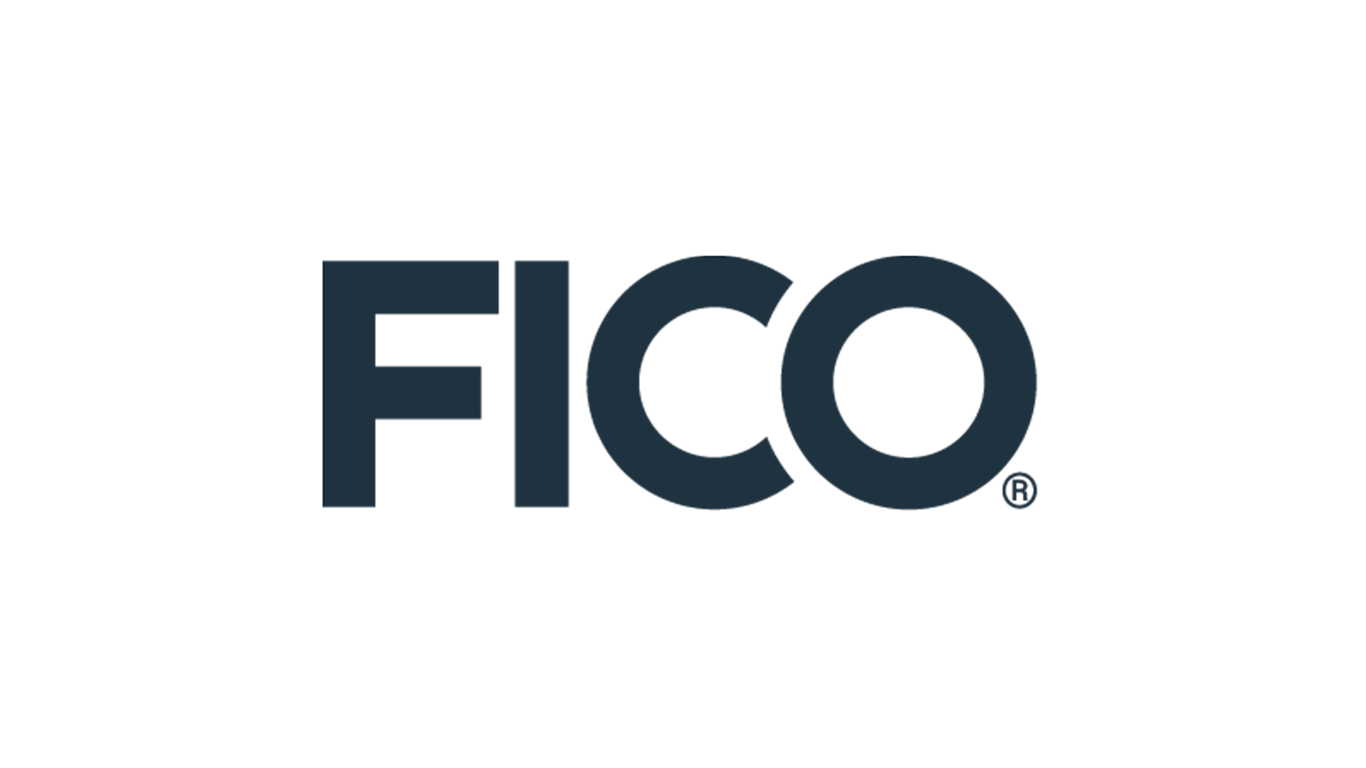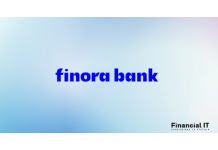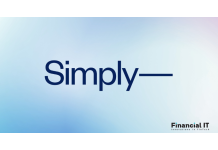Finora Bank Increased Its Loan Portfolio by 111% in...
- 29.07.2025 08:05 am
Samsung Wallet Launches In‑Store Installment Payments...
- 25.07.2025 09:25 am
NatWest Launches £500 Million Loan Offering To Build...
- 21.07.2025 09:45 am
Protections To Help Buy Now Pay Later Borrowers...
- 18.07.2025 09:45 am
One Third Of UK Credit Customers Don’t Understand...
- 15.07.2025 11:35 am
SBI Credit Guarantee Goes Live On nCino Following...
- 03.07.2025 02:55 pm
Alibaba.com Launches Embedded B2B Pay Later Offering...
- 26.06.2025 02:15 pm
Over One in Seven Brits Now Use Buy Now, Pay Later for...
- 26.06.2025 09:35 am
Visa Instalments Land On The Ecommpay Platform
- 25.06.2025 09:50 am
EBANX Enables Aplazo’s BNPL Payments For Global E‑...
- 24.06.2025 02:35 pm
Simply Asset Finance Reports Record Financial Year as...
- 19.06.2025 12:05 pm
Rapid Finance Releases Breakthrough AI Tool to Slash...
- 17.06.2025 01:15 pm






















